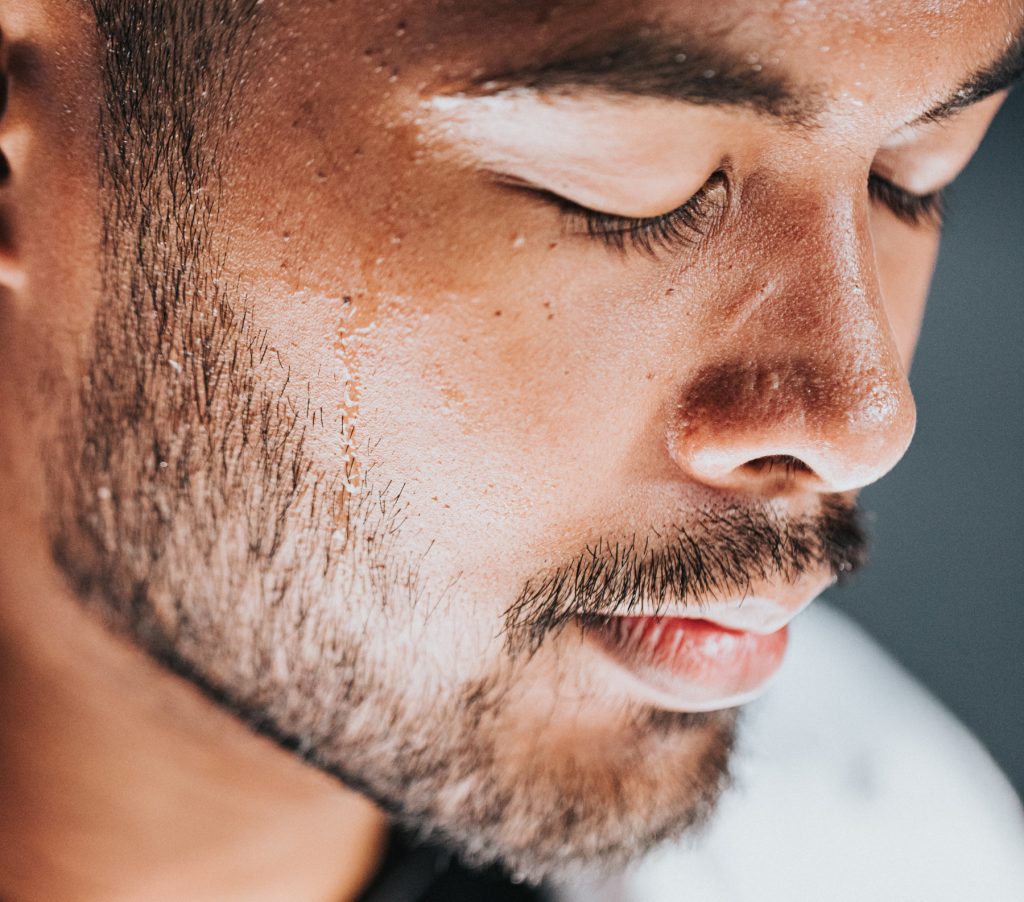“Being in better physical shape appears to reduce the need for anxiolytic drugs and antidepressants,” reports Linda Ernstsen, senior author of the article and associate professor from the Department of Public Health and Nursing, Norwegian University of Science and Technology (NTNU).
The research group based its work on the Trøndelag Health Study (HUNT), which since 1984, has received contributions of health data from 250,000 local residents to this comprehensive research project. The data was available to researchers and was used to estimate fitness levels and other factors. The figures were taken from the third data collection round, called HUNT3, conducted from 2006 to 2008. The research group compared the data from HUNT3 with data from the Norwegian Prescribed Drug Registry, which provided an overview of medications dispensed in Norway.
The researchers found that people in good physical shape during the second HUNT study had a lower prevalence of depressive symptoms in the HUNT3 study 10 years later. A new study design in the latter study allowed researchers to consider what medications HUNT3 participants had obtained as late as 2018, allowing Ernstsen and her co-authors to make the correlation, finding those in good physical shape had a lower prevalence of depressive symptoms.
The researchers concluded that people who are prescribed medication have more symptoms than those who do not see a doctor, as reported by author Audun Havnen, associate professor at the Department of Psychology at NTNU.

Though being in good physical shape helps all age groups and both genders, the researchers noted that some people see greater benefits than others, reporting a heightened benefit of men compared to women. Correlations were less clear for the elderly, the study reports.
The study indicates a protective effect by simply improving physical fitness levels from poor to moderate, making incremental improvements in activity beneficial, Havnen noted.
The researchers recommend that in order to improve or maintain physical condition, a person should be active in a way that leaves them breathless and sweaty. In fact, Norwegian health authorities recommend adults be physically active for at least 150 to 300 minutes at moderate intensity each week.
The researchers recommend that for those who are busy, aiming for 75 minutes of high-intensity training each week or a combination of moderate and high-intensity training is desired. “Research reinforces the finding that each minute of physical activity counts,” Ernstsen said.
It should be noted that researchers considered whether good physical health had helped prevent anxiety and depression or whether those who suffered from anxiety and depression had actually tended to exercise less. And to control for those experiencing anxiety or depression prior to the study, researchers excluded those who had filled prescriptions before participation in HUNT3 and for three months thereafter.
“We also adjusted for symptoms of anxiety and depression in statistical analyses. To the extent that the figures can be believed, we also feel fairly confident that we started with a relatively anxiety and depression-free cohort in HUNT3,” Ernstsen said.
The study authored by Audun Havnen, Ekaterina Zotcheva, Ottar Bjerkeset, Xuemei Sui, and Linda Ernstsen, is entitled Cardiorespiratory fitness and incident use of anxiolytics and antidepressants in adults: a linkage study between HUNT and the Norwegian Prescription Database, Journal of Affective Disorders.




